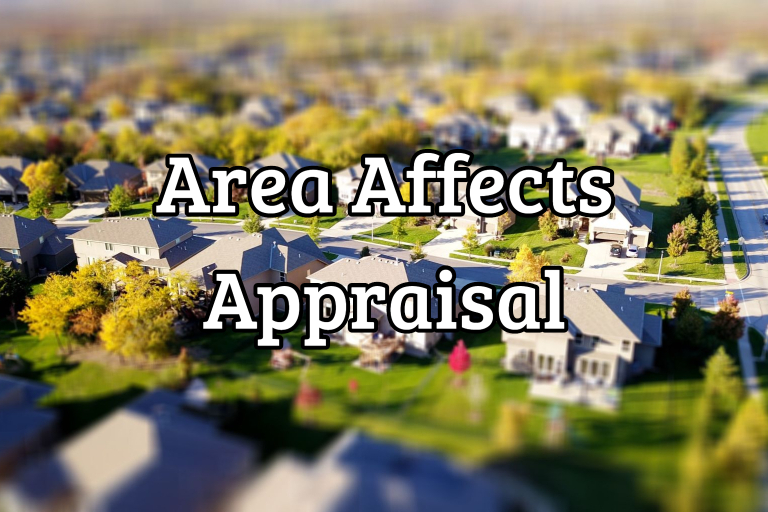Conventional Loan Appraisal Requirements

The first thing to understand about conventional loan appraisal requirements is how much they can vary. Knowing how the subject home will be reviewed can be helpful in terms of knowing what to expect upon completion.
An FHA, VA, or USDA loan appraisal often has a different set of requirements than those of a conventional loan. Those requirements are generally stricter. Meanwhile, there are several important factors of consideration with a conventional loan.
As you would expect, the real estate expression “location location location” plays a big role in the appraisal process. There is more to consider beyond current home prices within the same community or zip code. For example, a home on the waterfront is generally considered more valuable than a similar home two blocks inland. Sometimes access to transportation or proximity to schools plays a role.
HOME INSPECTIONS AND APPRAISALS
Along with the general location, the condition of the home is the next important consideration. Although an appraisal is different from a home inspection, existing problems or issues often decrease the immediate value of the property. It is for this very reason that sellers and/or potential buyers will hire a home inspector.
A home inspection on behalf of a potential buyer could discover potential problems. Such problems could become negotiating points, or could steer the potential buyer away from considering the purchase.
For a seller, a home inspection prior to an appraisal allows time for problems to be fixed, replaced, or upgraded.
The lender orders the appraisal to discover the exact value of the property. This is in order to determine the amount they would loan on after the down payment. If a lender cannot justify the intended loan amount, they will not fund the deal. Other lenders may or may not require a separate appraisal for consideration.
This is why the condition of the home is among the biggest of the conventional loan appraisal requirements. The home needs to be in proper working order. This includes:
- Properly working furnace, air conditioning, air control (if applicable)
- Functioning doors and windows
- Updated electrical wiring
- Fully operational plumbing and water
- Free of pests
- Structurally sound
- Safety and health concerns

ARE APPRAISALS BASED ON AREA COMPS?
An appraisal will be based on area comps. Although the seller has some control over the condition of the home, comps are out of their hands. Current local area home prices play a role in the appraised price whether the seller’s property reflects those or not. Comps are assembled from similar homes within the same area which have sold within the past six months.
For this reason, it is important for the seller to be familiar with local home prices before setting an asking price. Even with unique features and improvements, other homes will factor in the appraisal price.
Lender appraisals are typically paid for at the closing, although some lenders do allow for upfront payment.
Upon completion of the appraisal process, the results process generally takes anywhere from one week to one month. Variables range from how busy the lender is (or isn’t) to the square footage and details of the property.

BUYER QUALIFICATIONS
Buyers need to be financially qualified in order to receive a conventional loan. Although lender policies differ, the minimum required credit score usually ranges from 620 to 640. Those with higher credit scores may be entitled to lower rates on their loan. Moreover, some with higher credit scores may be able to provide a reduced down payment.
Sellers, as well as buyers, often wonder if they can walk with the appraiser when he/she visits the property. It is understandable that the seller wants to highlight the positives and be available to answer questions. Doing so may or may not be possible.
Understanding all of these elements should help the seller to meet conventional loan appraisal requirements.

